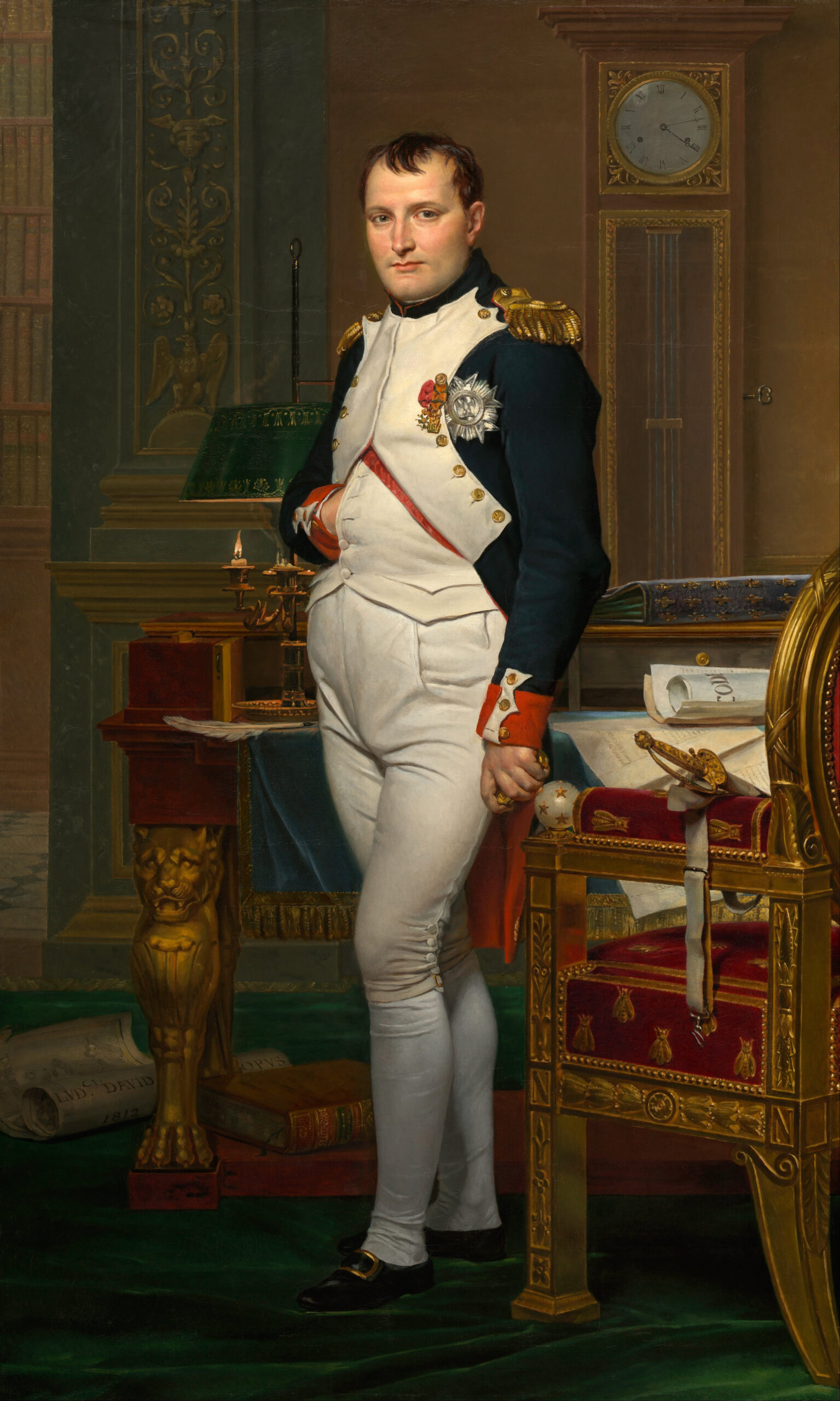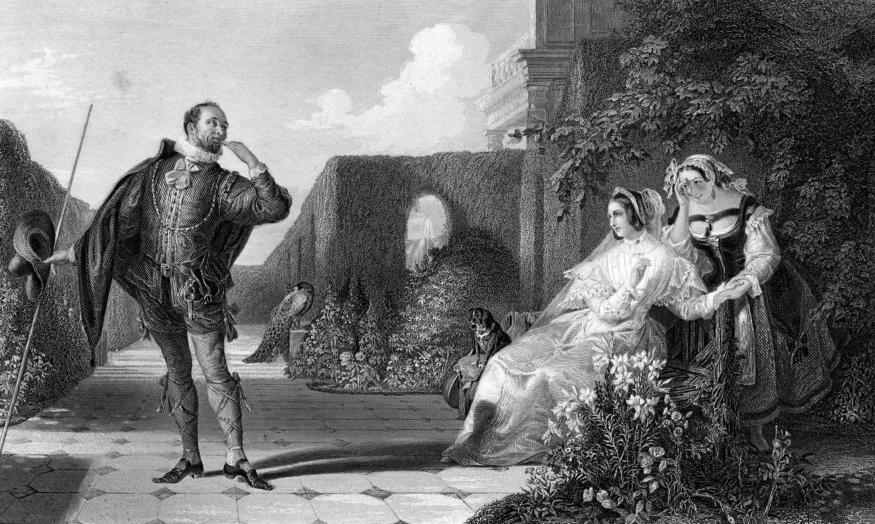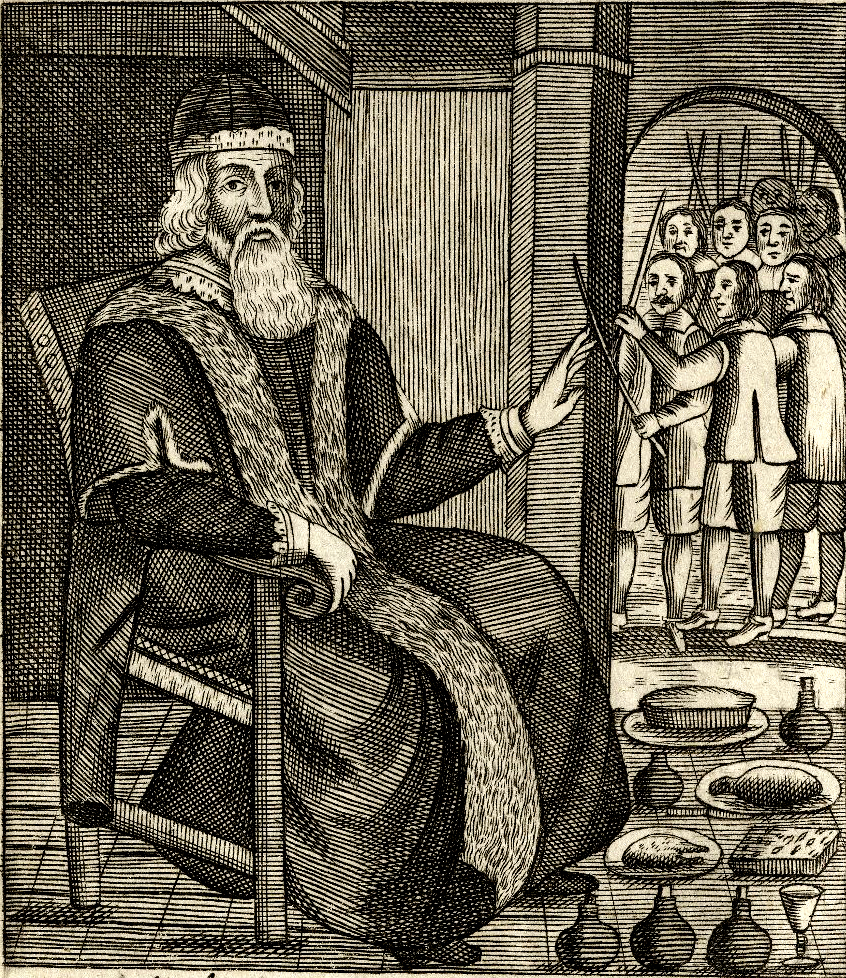You’ve probably heard the news that a Shakespeare in Love sequel that’s coming now that Miramax and the Weinstein Company are doing business together again. “The new venture will get off the ground quickly with sequels to the Best Picture Oscar winner Shakespeare In Love
and Rounders…” the article reads. What “quickly” means in moviemaking time, I don’t know.
What I’m curious about is whether we could write the plot for this one. What stage of Shakespeare’s life do you think they’ll cover?
I ask, because we covered this exact topic in 2010. Miramax always planned to do a sequel. I guess business got in the way. So this week’s news isn’t so much about a new project, as it is getting an old project back on track.
Some ideas that came up in the original thread…
* Do the Dark Lady / Sonnets storyline.
* Late career, while he’s writing The Tempest
* Do something around Falstaff
* Make the whole story about his daughter Susannah
Seriously, go back and read the original thread, there’s genius ideas in there. How crazy would it be if one of our ideas takes off?






